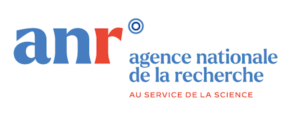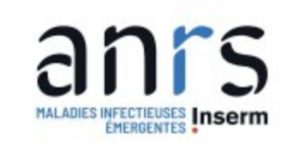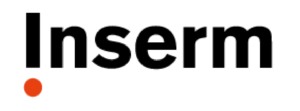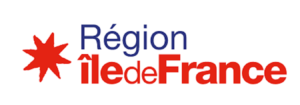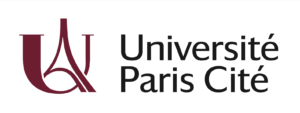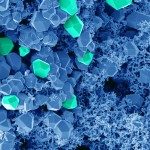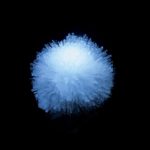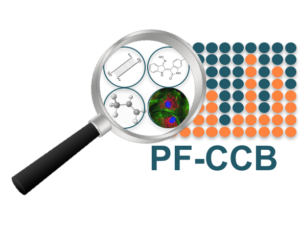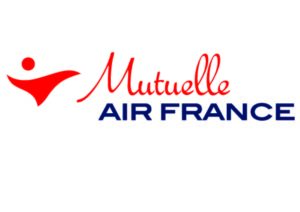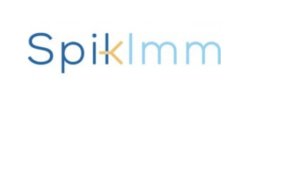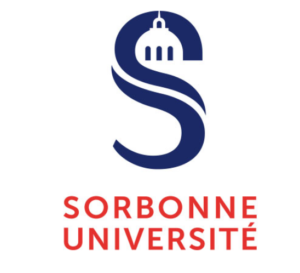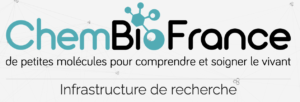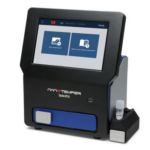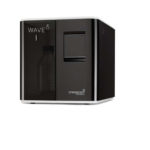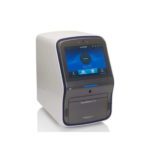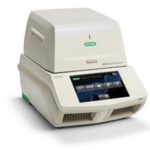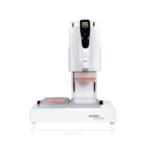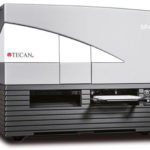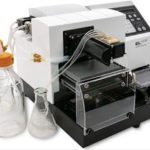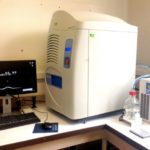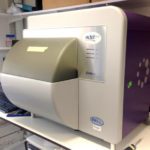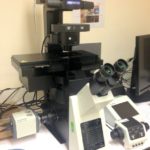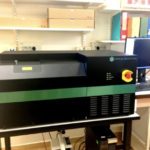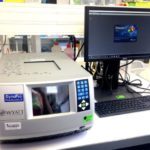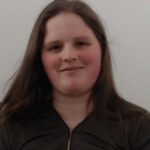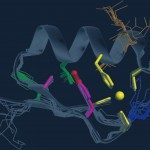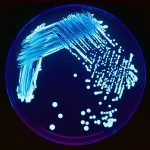Chemogenomic and biological screening are important steps in the discovery of new medicines as well as in precision medicine but also in dissecting molecular pathways and biological networks.
What we do:
Target-based (High Throughput Screening, HTS) and phenotypic (High Content Screening, HCS) screening assays are powerful tools to identify active chemical substances and genetic modulators of function (siRNA, miRNA, gRNA) providing starting points for drug design or for understanding biological processes. Using liquid handling devices, sensitive detectors and data processing software, HTS/HCS allow a researcher to rapidly test a large number of samples.
Typical screening cascade:
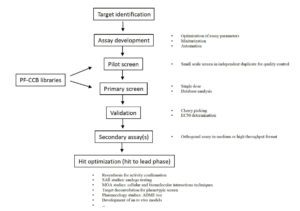
Our expertise:
• We assist research teams with the development of robust bioassays compatible with
HTS/HCS standard from the assay optimization to the miniaturization and automation.
We also provide guidance for the design of orthogonal (secondary selectivity) assays.
• We conduct the screening campaigns of libraries of interest, upload and analyze the data, using our carefully annotated database (Collaborative Drug Discovery), cherry-pick hits for re-testing in dose response experiment (EC50 determination) in order to provide you with a high-quality hit list.
• We provide strong support for hit to lead and lead optimization processes (medicinal
chemistry, ADME/Tox studies, MOA studies, aggregation/solubility test), especially
for some promising projects with high therapeutic index.
Technologies we support:
• Biophysical techniques using absorbance, fluorescence, luminescence such as timeresolved fluorescence resonance energy transfer (TR-FRET), AlphaScreen, fluorescence polarization allow for the miniaturization of assays which measure enzyme, receptors, protein:protein/DNA/RNA interactions. Biolayer interferometry technology enables for high-throughput label-free detection using the Octet HTX instrument (ForteBio, Molecular Devices).
• Automated microscopy and reporter gene assays allow for measurement of phenotypic changes and signal transduction processes. For HCS, phenotypic analysis in single cell (2D) or organoids (3D) can be carried out with a conventional automated microscope (IX83, Olympus) or the high-resolution microscope StellarVision (Optical Biosystems) that uses structured illumination and Synthetic Aperture Optics (SAO).
• With our liquid acoustic dispenser (Echo550, Labcyte), we can easily reformate multiwell plates (96, 384, 1536 wells), offer cherry picking service and prepare any daughter plates from various biological and chemical collections.
How to work with us:
A request for support starts by sending an email to pfccb@pasteur.fr. You will be asked to give us an overview of your project at first and then meet in person to give us any details so we can figure out together the best way to develop your HTS or HCS bioassay. We can assist you to become autonomous on some automated equipment, help you during every steps of the screening process and can perform for you a medium and large screening campaign.
To find out more see the Technology Department brochure here.
Libraries :
- Commercial focused libraries :
FDA approved and phase I passed (3,372 cpds, Selleckchem, L3800)
Target selective library (601 cpds, Selleckchem, L3500)
Anti-cancer library (921 cpds, Selleckchem, L3000 + 2923 cpds, TargetMol)
Lipid metabolism library (297 cpds, TargetMol, L2510)
LOPAC (Library of Pharmacologically Active Compounds) (1280 cpds, Sigma, LO4100)
Ubiquitination compound library (198 cpds, Selleckchem, L6000)
Antibacterial library (10880 cpds, Life Chemicals)
Screen-Well FDA approved drug (774 cpds, Enzo Life Sciences, BML-2843)
Antifungal library (253 cpds, TargetMol, L4500)
Nucleoside analogue library (135 cpds, Selleckchem, L7200)
Protein Kinase targeted inhibitor library (9360 cpds, ChemDiv)
Nucleobases analogs (NECAN) (4620 cpds, ChemDiv) - Commercial non-focused libraries :
Natural Compound library (480, cpds, GreenPharma, GPNCL)
Diversity library (10,000 cpds, Enamine)
Fragment library (1015 cpds, Selleckchem, L1600)
Access to : Chimiothèque nationale (71744 cpds) + chimiothèque essentielle (CNE) (1040 cpds) - In house libraries :
FrPPIchem library (10314 cpds, O. Sperandio)
=> cf. publication: https://pubmed.ncbi.nlm.nih.gov/32320205/
Epidrugs and base/nucleoside analogs library (333 cpds, P. Arimondo)
IPPA/IPPB (2892 cpds, S. Pochet, Y. Janin) - Biological library :
siRNA/gRNA library for ubiquitome (678 genes,4 siRNA,4 gRNA, Dharmacon)
Fundings:
